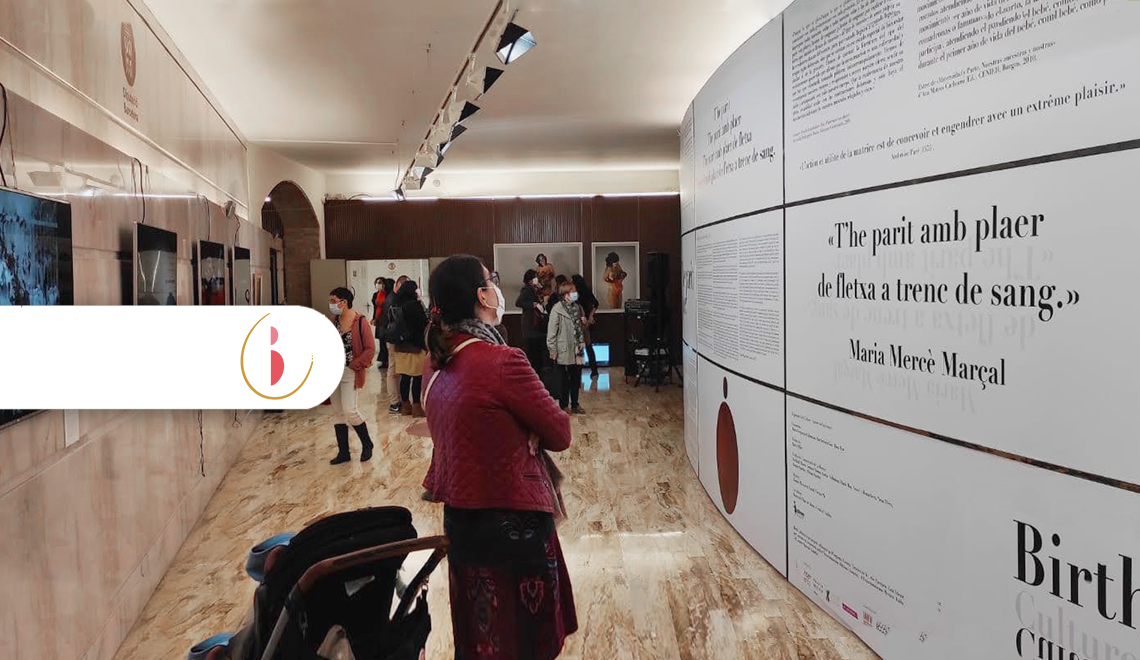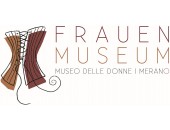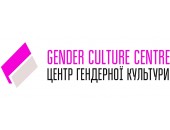
After three months, the exhibition “Birth Cultures – Cultures del naixement” closes its doors and with it the cycle of activities that has brought together nearly a hundred women.
The exhibition “Birth Cultures – Cultures de naixement” illustrated, through the artworks of selected artists who have tackled this theme as an experience of self-affirmation, self-knowledge and freedom, how childbirth is an act of life and strength. The program of activities, that ran throughout the duration of the exhibition, has also given a voice to women: they have shared their experiences (sometimes happy and sometimes not) so that future mothers can feel more confident and informed.
Organised by Interarts, these activities included a series of Birth Cafés in collaboration with the Migjorn Birth House and El parto es nuestro, where women (and men) from different generations could listen and learn from each other’s experiences: participants shared their stories about birth, but also about postpartum, with their difficulties, their desires and needs for professional and emotional support, in an atmosphere of trust that many women miss not only in these times of pandemic but, above all, in societies that are increasingly turning in on themselves.
Interarts also organized two round tables. The first, on the evolution of childbirth and postpartum in health and therapeutic terms, which took as its starting point the diversity of resources and techniques currently available in Spain. The second, on the prevention of obstetric violence for a respectful birth. A total of 12 women from different backgrounds, ranging from professionals in the health sector, such as gynaecologists, psychologists, midwives and anthropologists, to activists shared their experiences and reflections.
Finally, Ana Álvarez-Errecalde, one of the artists featured in the exhibition, led a co-creation workshop that with an initial journey through art to learn how childbirth is represented in history set the frame to shared reflections, hopes, fears and dreams as the starting point for a joint creation of songs and poems about the tense moment just before a baby is born, and of paintings that capture the moment of birth as an expression of love. One woman recounted the complications of her child’s birth and explained that the midwife on duty that afternoon supported her all the way; a midwife explained her daily struggle in a hospital where she regularly witnesses scenes of obstetric violence… and just after, looking at each other, they recognized that they were recounting the same story from two different perspectives and embraced each other. “Thank you for helping my baby to be born,” said the woman to the midwife: this was one of the many magical moments of this set of Birth Cultures activities.
Birth Cultures is a project co-funded by the European Union under the Creative Europe Programme. It has been recently featured in the brochure Creative Europe 2014-2020 – Gender Equality, Sustainability and Digitalisation: Cultural Cooperation Projects for a Union that Strives for More, under the chapter dedicated to projects addressing gender issues.



